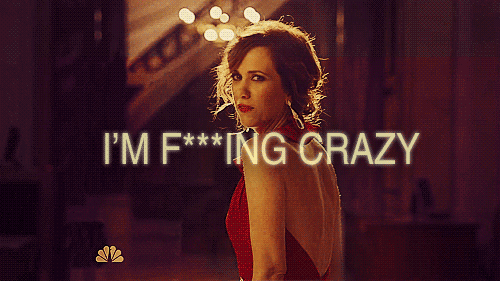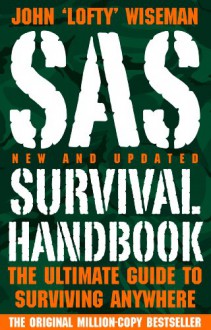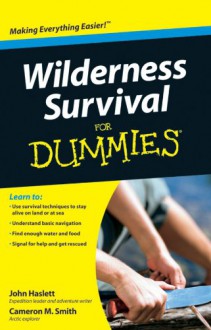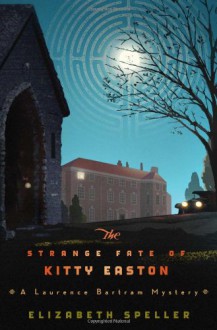
Dance the Moon Down by R L Bartram I like it when a book is more than just a story. I like it when I'm taken into a world or era or both that I am not much familiar with, and by the end of the book come out feeling like I've lived it. I like it when the writing transports me on so many levels because the words and the phrases flow with ease, they lend vivid details to the imagination, and touch a chord whether in describing beauty or horror.
Dance the Moon Down is all of these things and more. R L Bartram seems to me a sensitive writer. It is not always that a male writer understands what makes his women characters tick, or so I have thought from my reading experience. But Bartram knows them inside out, and every woman character in this book can be sympathised or empathised with on some level or the other.
Victoria is one of very few privileged women of her time to receive a college eduction. During her time in college she meets Gerald Avery, a young poet, and they fall passionately in love. They marry. But only a few months after their wedding the rumours of war that have been circulating through the country for years, manifests itself. Gerald voluntarily responds to the call for soldiers and he is assigned on the frontline in France. Almost everyday Victoria receives letters from him and responds. She lives for those letters until six months into the war they completely stop.
From here on out the story really begins. We read about her determination to try anything and everything to learn what has become of her husband. She has received no telegram that he is dead and believes strongly that he is very much alive. Her search for the truth of his whereabouts leads her into some trouble that she barely comes out of. Then, as the war rages on and shows no signs of stopping she realises that she has another battle on her hands -- one for her own survival. We are taken through a male dominated England that has no place even for a woman of higher education. To be fair this attitude seems to prevail mostly in the English countryside. But Victoria is bound to Staunton Gifford - the village where she and Gerald had only just begun to live together when he was called to war - for having promised her husband she would wait for him there.
She finally finds a job as a farm labourer in Orchardlea, not many miles away from her home, and Victoria begins to learn an entirely new way of living. She meets some wonderful young women there - all of them children of the soil. They stand by her, supporting her through all her trials as she tries to become acclimated to her new circumstances and to a physical labour she was never born to. During her time here all Victoria's notions of class and women in general undergo a change. She grows to love and respect her labourer friends and their bond is great. Through the remaining three years of the war, these young women stand by each other, each of them with their own problems and nightmares to deal with while their men are away and they struggle, along with many other women like them, to help England live through the war.
As you can tell, this book shows the other side of war. It is a story about the ones who were left behind. The women become the backbone of their country, drafted into men's jobs to help make England survive. These women were fighting emotional, mental and physical battles constantly. They feared for their men; they feared for their own survival; and they needed each other to keep themselves sane.
Dance the Moon Down also gives us a look into the government propaganda of the day. The people at home were completely ignorant of what was taking place in the frontlines. The newspapers were completely under the control of the government and so the censorship was severe. It was easy for the government to suspect someone of being a spy should they take even a marginal interest in what was really going on.
There are many themes dealt with in this book that I would love to discuss here but in doing so I would give much away. I think this would make for a very meaty book discussion. Speaking of which, I enjoyed the format of this story, and the underlying crux of it. It was a page turner and I thought there was something rather Victorian in the manner with which Bartram uses the voice of an overseeing narrator. His writing style is also much along those lines. There is absolutely nothing contrived about his language. It flows smoothly.
Here is a brief excerpt to whet your appetite:
It was as if he felt that by going to France and facing the enemy there that he might somehow prevent them from ever reaching England and her. Victoria had read enough of his poems to know how he felt about his country. Now that war had been declared, he didn’t go to fight in defence of some distant foreign land. It was for England, her pastures, her fields of golden corn, her woods and lanes, everything that was England. Often, they were so intense that it seemed as if he were characterising a woman, beautiful and pure, whom he loved beyond life itself. Sometimes, when she could persuade him to recite them to her, it was with such passionate sentiment that she wondered, from the way he looked at her, if it was actually herself he was describing; if, in fact, she and the country were one in his mind.
It was then that she knew that she shouldn’t keep him from going; worse, that she was able to stop him but that she should not. His desire to defend his country was a supreme act of love, not only for the land, but for her. It epitomised everything he believed in - love, honour, duty. It was the nature of his character. That was what she’d seen in him when they’d first met. That was why she’d married him.
By the same token, she couldn’t deny him now. If she insisted that he remained with her, he would stay and she could keep him safe, as half a man with half a soul and half a heart. Her choice was horribly simple; keep him and crush his spirit, or let him go and risk losing him forever.
For many, it was impossible to resist the tremendous surge of nationalism that had gripped the country. The propaganda, the reports of German atrocities already being committed in Belgium, and the lies of conniving politicians were a potent concoction inclined to arouse the passions of any red blooded Englishman. Others simply followed suit with little or no idea of what they were agreeing to, and even less regard for the consequences. They went in their thousands, laughing and waving, with full hearts and the absolute assurance that it would be a short war, over by Christmas; that Britain would win, and that it would be glorious.
Victoria wondered if, in the future, the people of tomorrow would understand why the people of today had acted as they did. Would they realise that it was the spirit of the age that moved them? That it was their absolute conviction that what they did was right?
I would highly recommend this book to those who love reading the classics, those who like to read books on the World Wars and those who like to read anything on women and their struggles.





 Log in with Facebook
Log in with Facebook 












